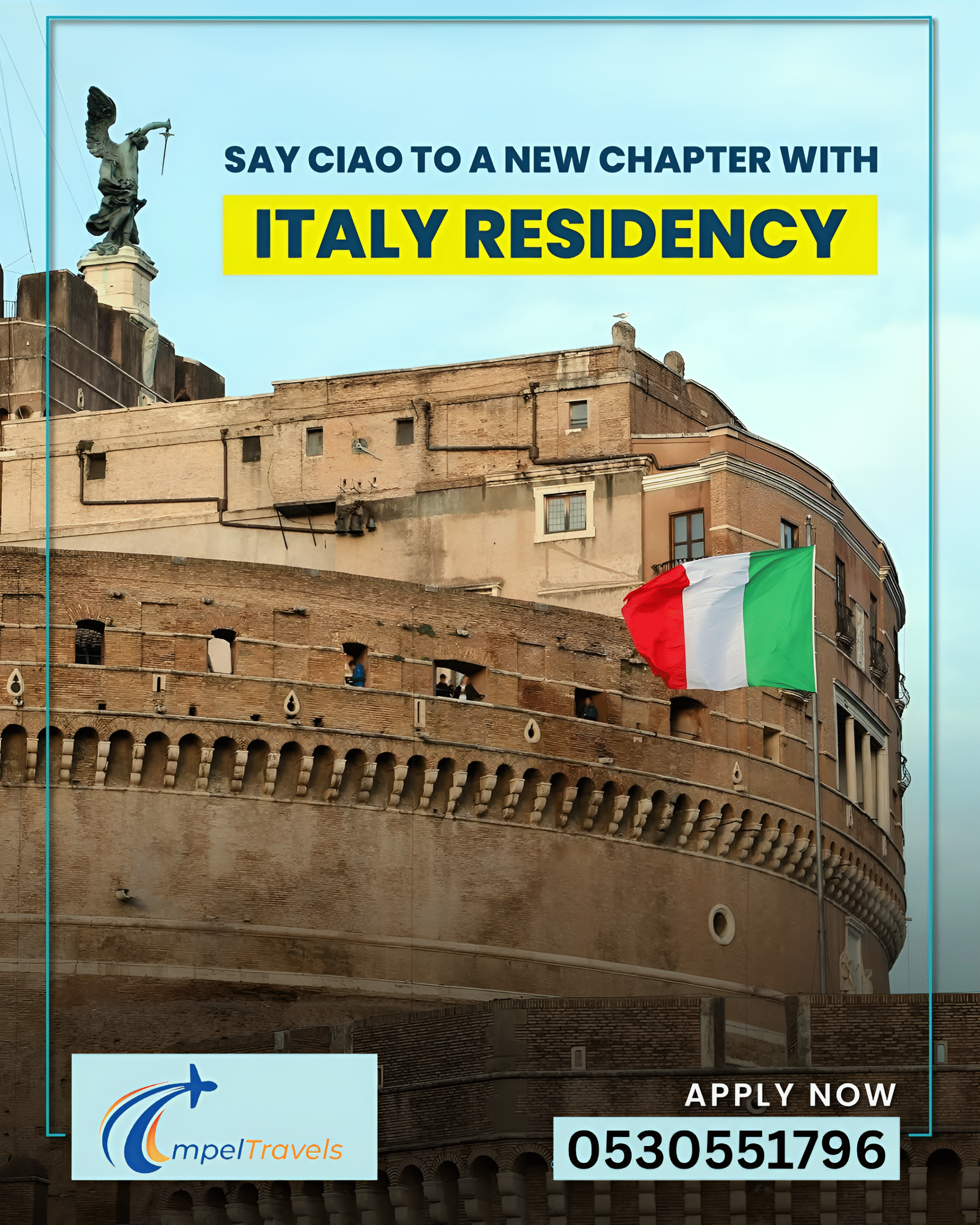The Dormaahene, Osagyefo Oseadeeyo Agyemang Badu II, has reportedly been declared wanted by the court, sparking intense reactions across Ghana. The unfolding controversy has left many questioning the implications of this legal action and its impact on the Dormaa Traditional Area.
According to reports, the court issued a warrant against Dormaahene, prompting speculation that he has gone into hiding. This development follows a series of legal disputes involving the chief, including his recent clash over traditional leadership matters. Dormaahene, known for his outspoken nature, has previously criticized certain governmental and traditional decisions, leading to tensions within the chieftaincy structure.
Ghanaians have taken to social media to express their views on the situation. While some sympathize with Dormaahene, arguing that his legal troubles stem from political maneuvering, others have mocked him, calling the incident an embarrassment to his leadership. The phrase “Domaahene Animguase3” (meaning Dormaahene’s disgrace) has gained traction online, with critics suggesting that his actions have brought dishonor to his title.
This case raises broader questions about the intersection of traditional authority and legal accountability. Dormaahene, who also serves as a High Court judge, has been a vocal figure in Ghanaian politics and chieftaincy affairs. His legal troubles could set a precedent for how traditional rulers are treated under the law.
As the story unfolds, many are eager to see whether Dormaahene will challenge the court’s decision or remain silent. His next move could determine the future of his leadership and influence in Ghana’s traditional governance system.
Additionally, some analysts believe that this situation could have long-term effects on the Dormaa Traditional Area’s political and social landscape. If Dormaahene fails to clear his name, it could weaken his authority and embolden rival factions within the chieftaincy structure. On the other hand, if he successfully defends himself, it may reinforce his position and further solidify his influence.
The controversy has also reignited discussions about the role of chiefs in modern governance. While traditional rulers hold significant cultural and historical importance, their involvement in legal and political matters often leads to conflicts. Some argue that chiefs should focus solely on their traditional duties, while others believe they should have a say in national affairs.
For now, the nation watches closely as events unfold, waiting to see how Dormaahene navigates this turbulent period. Will he emerge stronger, or will this mark the beginning of his downfall? Only time will tell.
https://youtube.com/watch?v=mIkUa8SAsmM%3Fshowinfo%3D0











